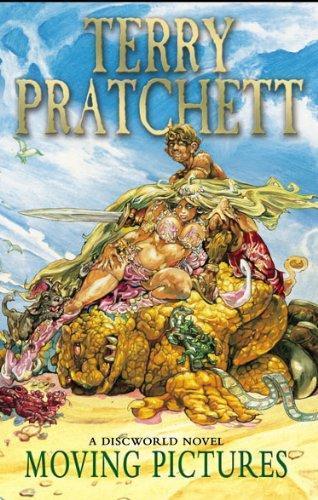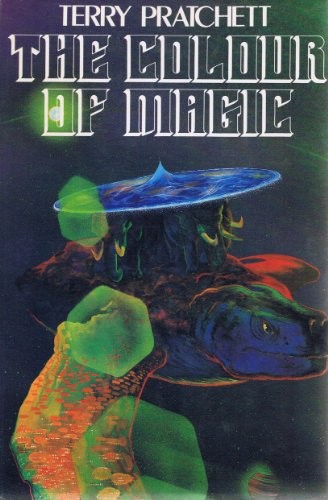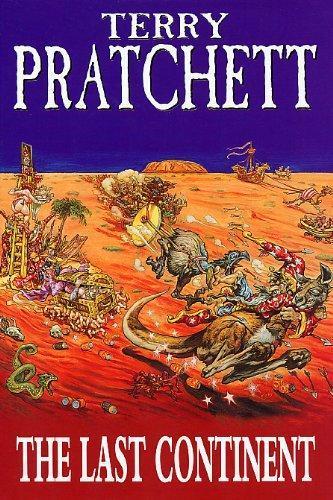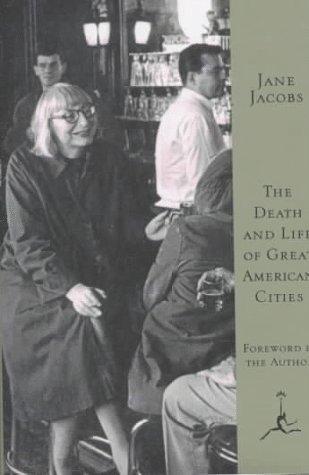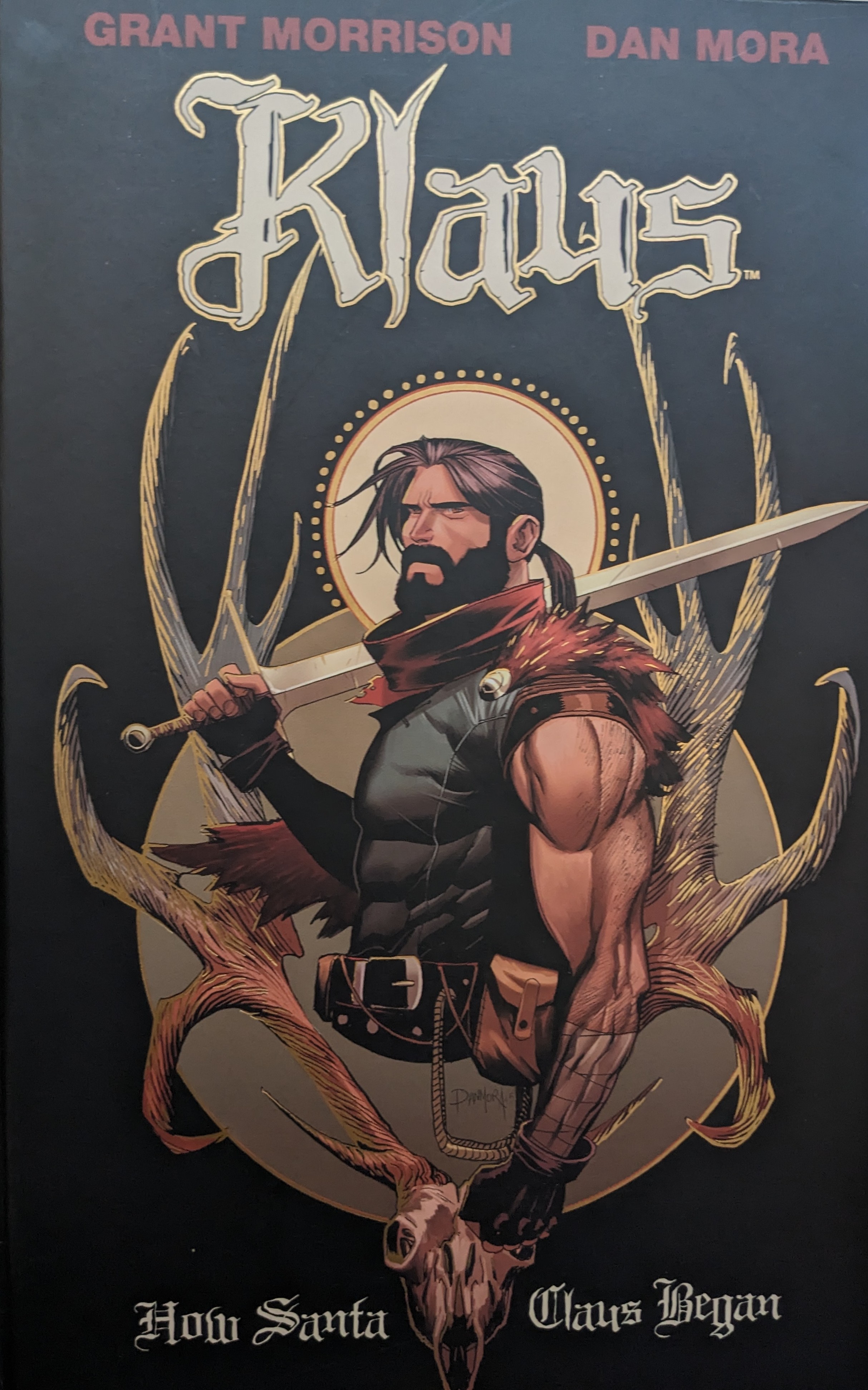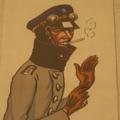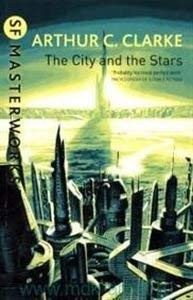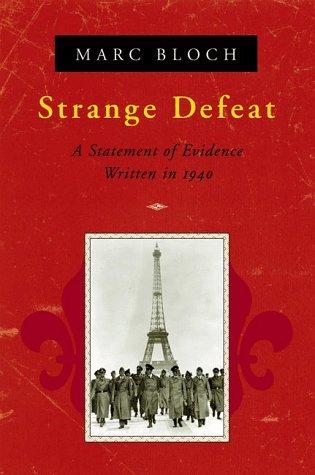User Profile
"Why, yes, I am still upset that the Library of Alexandria burnt down"
This link opens in a pop-up window
Murf's books
2025 Reading Goal
83% complete! Murf has read 20 of 24 books.
User Activity
RSS feed Back
Murf finished reading Childhood's end by Arthur C. Clarke
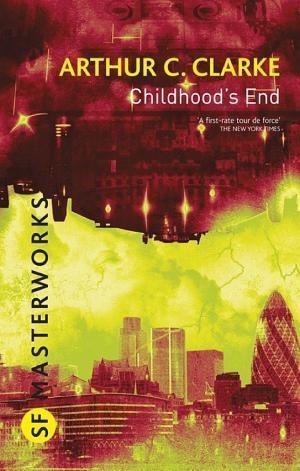
Childhood's end by Arthur C. Clarke
Childhood's End is a 1953 science fiction novel by the British author Arthur C. Clarke. The story follows the peaceful …
Murf finished reading The Afghan by Frederick Forsyth
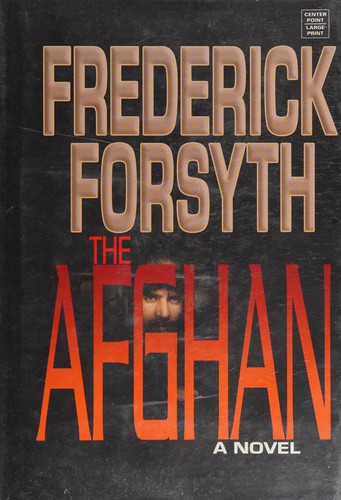
The Afghan by Frederick Forsyth
When British and American intelligence catch wind of a major Al Qaeda operation in the works, they instantly galvanize- but …
Murf finished reading Night Watch (Discworld, #29; City Watch, #6) by Terry Pratchett
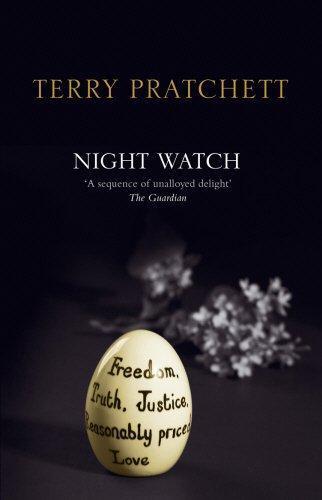
Night Watch (Discworld, #29; City Watch, #6) by Terry Pratchett
Night Watch is a fantasy novel by British writer Terry Pratchett, the 29th book in his Discworld series, and the …
Murf finished reading Strange Defeat by Marc Léopold Benjamin Bloch
Murf finished reading Empireland by Sathnam Sanghera
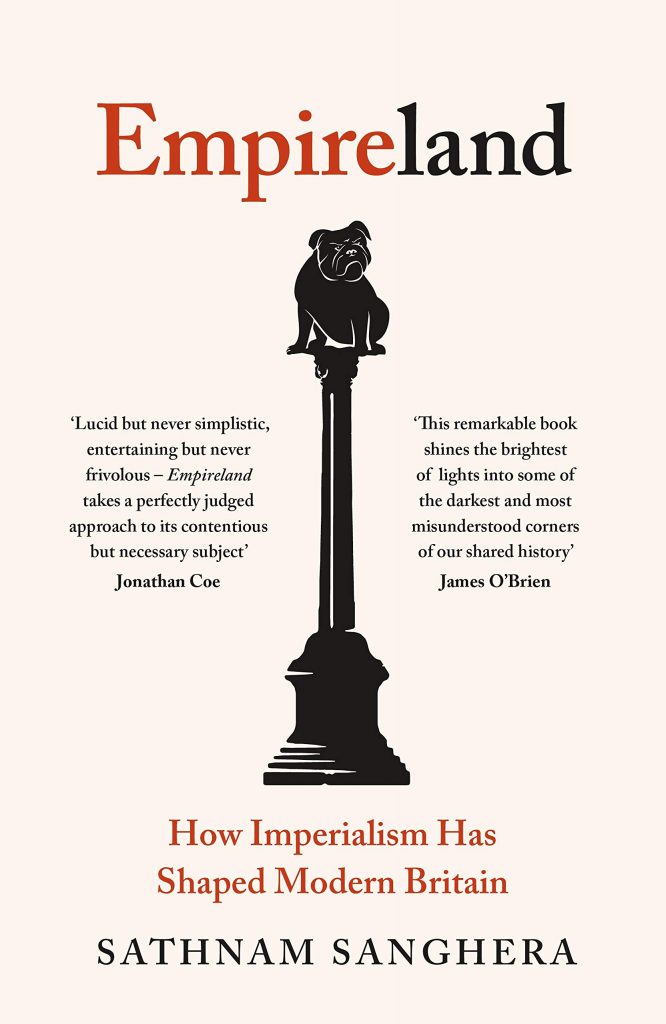
Empireland by Sathnam Sanghera
EMPIRE explains why there are millions of Britons living worldwide. EMPIRE explains Brexit and the feeling that we are exceptional. …
Murf rated The Autistic Brain: 5 stars
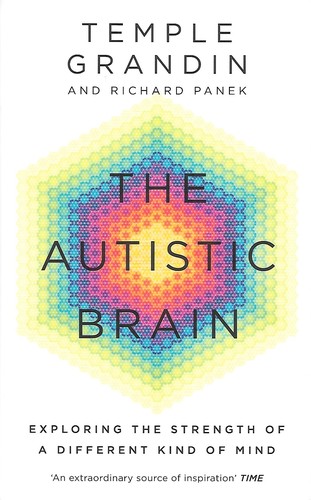
The Autistic Brain by Temple Grandin, Richard Panek
I have before me as a reviewer for amazon.com/vine an Advance Reading Copy of Grandin's THE AUTISTIC BRAIN (2013). Notably …
Murf finished reading The Second Science Fiction Megapack by Robert Silverberg
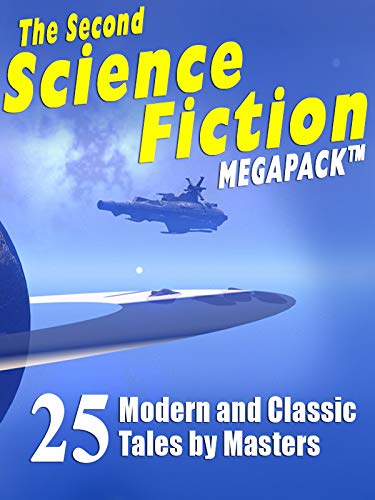
The Second Science Fiction Megapack by Robert Silverberg
Hours of great reading await, with tales from some of the 20th century's most renowned science fiction authors, Here are …
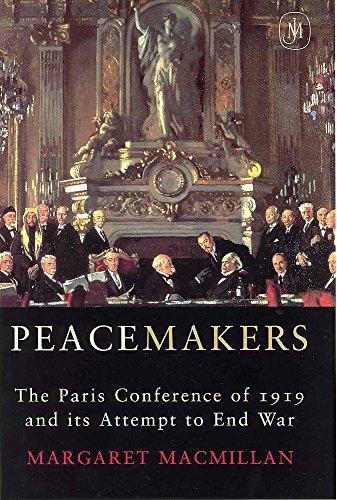
Peacemakers : The Paris Peace Conference of 1919 and Its Attempt to End War by Margaret MacMillan
Peacemakers: The Paris Peace Conference of 1919 and Its Attempt to End War (2001) is a historical narrative about the …
Murf finished reading How Ireland really went bust by Matt Cooper

Matt Cooper: How Ireland really went bust (2011, Penguin Ireland)
How Ireland really went bust by Matt Cooper
In 'How Ireland Really Went Bust' Matt Cooper describes the tumultuous events of the period when Ireland went bust and …
Murf finished reading D-Day: the battle for Normandy by Antony Beevor
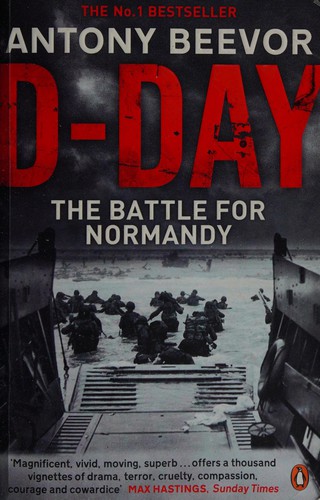
D-Day: the battle for Normandy by Antony Beevor
The definitive account of the Normandy invasion by the bestselling author of Stalingrad and The Fall of Berlin 1945From critically …
Murf finished reading Focke-Wulf Fw190 in Combat by Alfred Price
Murf set a goal to read 12 books in 2023
Murf rated Final Impact: 2 stars
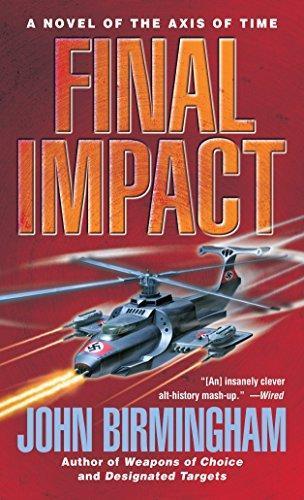
Final Impact by John Birmingham
Final Impact is a science fiction novel by Austrlian writer John Birmingham, the last volume of his alternate history Axis …
